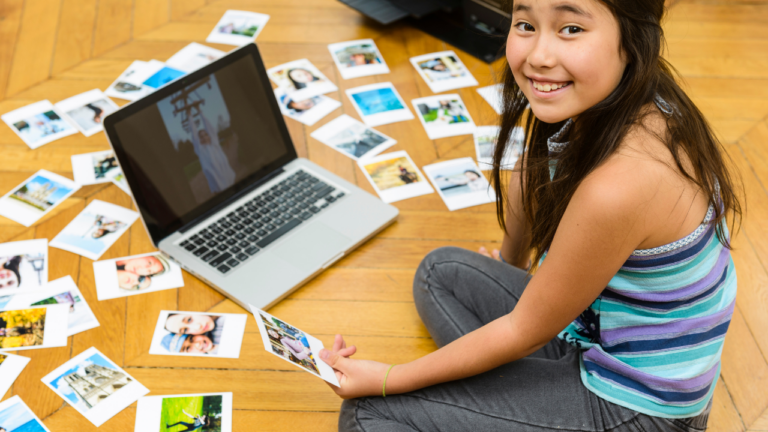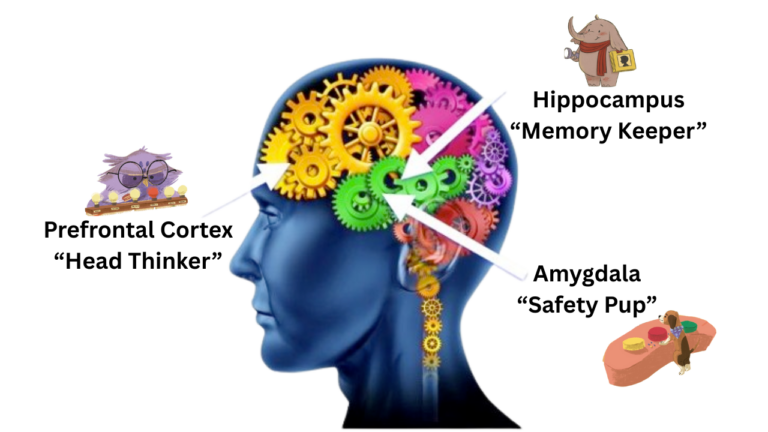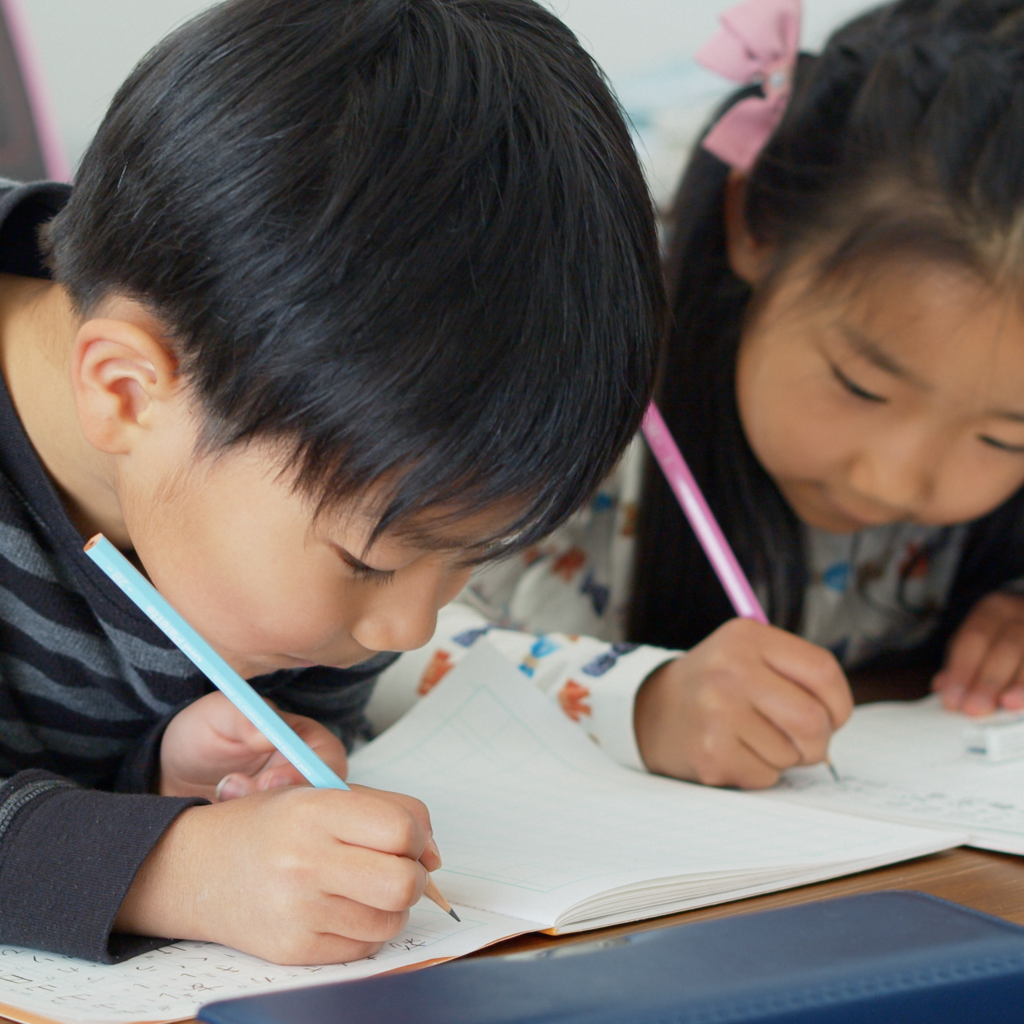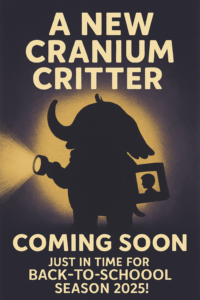Have you ever wondered why certain memories—like your first day of school or winning a special game—stick with you so vividly? That’s thanks to the part of the brain known as the hippocampus, our personal memory library. While the hippocampus stores many kinds of memories, today we’ll explore one type that’s especially powerful for children: episodic memory.
What is Episodic Memory?
Episodic memory is our ability to recall personal experiences, including what happened, where it occurred, and how it made us feel. It’s like a personal photo album housed in the brain’s memory library, filled with snapshots from meaningful events in our life.These memories help children:
- Understand and process emotions
- Learn from past experiences
- Develop problem-solving skills

The Hippocampus: The Brain’s Memory Keeper
The hippocampus, our “memory keeper”, works closely with other important brain areas, like the prefrontal cortex (PFC) and the amygdala, forming a powerful partnership that guides children through life’s ups and downs.
The prefrontal cortex (PFC), which we like to call the “head thinker,” helps children plan, make decisions, and reflect on past experiences. When facing a tricky problem, the PFC consults the hippocampus to recall past situations—drawing from episodic memories—to choose the best solution.
The brain’s amygdala, also known as the “safety pup,” constantly scans for potential dangers, quickly responding with strong emotions like fear or excitement. By accessing episodic memories stored in the hippocampus, the amygdala learns whether something is truly threatening or if it’s safe to relax, helping children manage their emotional reactions.

Strong Emotions Make Lasting Memories
Memories associated with strong emotions—whether fear, excitement, frustration, or sadness—tend to last longer. The intense emotional response activates the hippocampus, causing these experiences to be stored more vividly. This explains why events filled with strong feelings, such as a birthday party or a frightening storm, are often easier to remember.
However, sometimes worry or fear can temporarily block access to helpful memories. When this happens, children may need support from a trusted adult or visual tools to reconnect them to the positive experiences that can guide them forward.
Episodic Memory and Self-Awareness
Episodic memory also plays a crucial role in developing self-awareness. Reflecting on past experiences helps children:
- Build their sense of identity and self-understanding
- Recognize patterns in their feelings and behavior, leading to personal growth
- Understand and empathize with others more effectively
Episodic Memory Helps Children Move Through Tricky Situations
When children encounter challenges, such as anxiety about a test or conflict with a friend, their brain instinctively revisits past experiences. For instance:
- Remembering how they overcame nervousness before a past performance can ease current worries.
- Recalling a time they successfully resolved a disagreement helps them manage a new friendship conflict.
These memories provide evidence to the brain that they have navigated similar situations before, building confidence and resilience.
Activities to Strengthen Your Child's Episodic Memory
You can support your child’s brain development with simple, fun activities:

Encourage your child to tell stories about their day or favorite events. This strengthens their recall and enhances their emotional awareness.

Use photos of past experiences to improve memory encoding, organization, and retrieval.

Have your child record or illustrate special events, helping to solidify these episodic memories for future problem-solving.
Building strong memory skills and emotional awareness takes patience and practice—celebrate small successes along the way!
New Critter Coming Soon!
As you may already know, our Cranium Critters Scout and Einstein help children understand how their amygdala and prefrontal cortex work together. And coming soon, just in time for back-to-school season, they’ll be joined by a brand-new friend—who will help children use their past experiences to build confidence, manage emotions, and face new challenges.
Stay tuned as we prepare to welcome this lovable new character in our next adventure:
Cranium Critters: Teaming Up with the Memory Keeper


